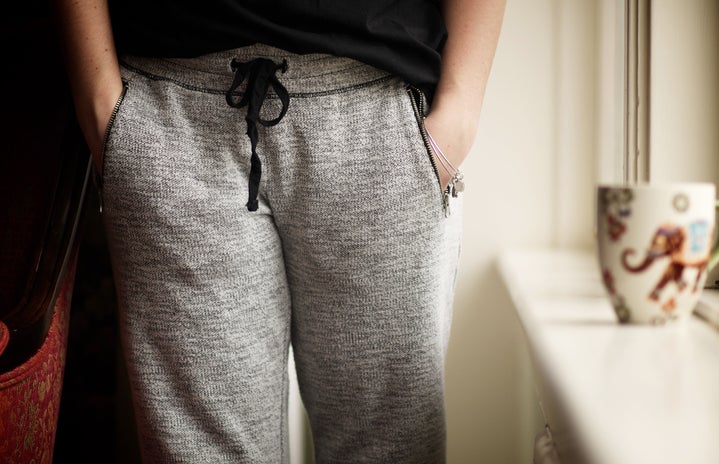A woman bleeds monthly. It is a natural occurrence that is simply another part of a woman’s life; the discharge of blood and mucosal tissue from the inner lining of the uterus. Women’s bodies need this process as it allows the body to release tissues that it no longer needs, as well as preparing it for pregnancy. But the regressive attitudes that exist around menstruation cause it to be perceived as unclean and shameful. The heightened irony lies in how society seeks the continuation of the human race whilst shunning the very individuals and the biological process that is deemed vital for it.
In the region of South Asia, menstruating women are considered profane and unchaste. They are deprived of proper access to water and hygiene facilities, to sanitary menstrual products, and, at the root of it, menstrual health education. Whilst there are women who are privileged enough among us to not be as greatly affected by this stigma, many of our women continue to struggle. An instance of this would be the practice of ‘Chaupadi’ in Nepal where women undergoing their period are forced into a ‘monthly exile’, during which they are confined to basic huts and barred from touching food, religious icons, cattle and men. This is the reality that this stigma and idle belief has forced upon them. These women are left vulnerable in sheds with no other choice but to fend for themselves; they fear animal attacks, being assaulted by sexual predators, and even dying due to asphyxiation from inhaling smoke from the fire meant to bring them warmth amidst the cold. But the miserable reality that remains is that these families feel that leaving a woman in unsafe conditions is better than having her ‘pollute’ the house.
The circumstances are widely similar in other South Asian countries too. In India, poverty and ignorance have meant that 70 percent of women resort to using old rags as period protection, thus increasing the risk of reproductive diseases. Statistics also show that up to 25 percent of girls drop out of school entirely due to inadequate facilities to help them handle their periods. According to UNICEF, 50 percent of these girls end up facing emotional trauma as they fail to understand what is happening to them, yet they continue to lose out on their lives; this should never be the case. It is undeniable that all of these women still experience the aches of menstruation, such as cramping and body pains, but they are forced to pretend as if they do not exist simply to accommodate a society that refuses to bat an eyelid at them and their struggles. Evidently, there still exists a large group of people that have yet to grasp that menstruation is a natural process which women genuinely require.
People still speak about periods in hushed tones, buried in conversations beneath layers of shame and stigma, but why? And more importantly, why still? With all the problems that women already face, the issue of periods should not be another one on the list. The notion that menstruation should not be viewed any differently than other bodily processes has yet to integrate into a considerably large part of society, but this must change because menstruation is absolutely normal. We need to realise that speaking about an issue is the only way to combat the silence and to break this stigma around periods. As organisations such as UNICEF and WaterAid offer help to this cause, we also must strive to educate girls to ensure improved health outcomes for them, and to one day entirely eradicate this taboo.
Words By: Harsheni Maniarasan
Edited By: Olivia Flower


